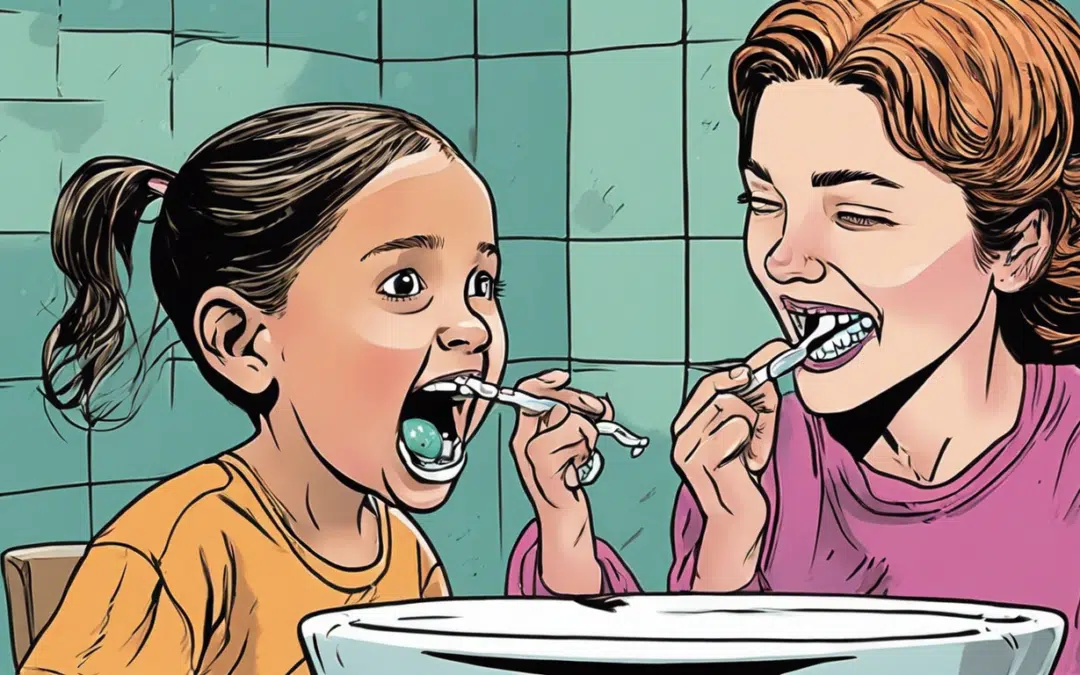Establishing good oral hygiene habits early sets the stage for long-term dental health. Children who learn proper brushing and flossing techniques are more likely to maintain clean teeth and healthy gums as they grow. Even simple daily routines, like brushing twice a day, can make a noticeable difference in comfort and cleanliness. Parents can help children understand the benefits of these routines in ways that feel practical and positive. With guidance from a pediatric dentist, families can introduce habits that are both effective and enjoyable for children.
How Can Parents Make Brushing Fun?
Turning brushing into a game or routine can motivate children to practice consistently. Colorful toothbrushes, flavored toothpaste, and timers can make the experience engaging. Parents can create challenges, like brushing for the duration of a favorite song or using stickers as rewards.
Involving children in choosing their toothbrush or toothpaste adds a sense of ownership. A pediatric dentist can also demonstrate fun techniques that make brushing more interactive and help make sure children are reaching all areas of the mouth. Flossing can be introduced when children have teeth that touch, typically around the age of two or three.
Parents can guide children in using floss safely and effectively, showing how to reach between each tooth. Fun flossers designed for kids make the process simpler and more appealing. A pediatric dentist can offer demonstrations and tips for making flossing part of a regular routine. Encouraging consistency at a young age helps children develop skills they will carry into later years.
How Can Healthy Eating Support Oral Care?
Nutrition plays a role in maintaining strong, clean teeth. Limiting sugary snacks and drinks while offering water throughout the day can help reduce buildup on teeth. Crunchy fruits and vegetables may also encourage natural cleaning of teeth surfaces. Parents can model these choices at home, making healthy habits part of daily life. Discussing the impact of certain foods in a positive, educational way helps children understand the connection between diet and oral care. Pediatric dentists often provide additional guidance on balancing nutrition and oral hygiene for children.
What Role Does a Pediatric Dentist Play?
A pediatric dentist provides expert support in teaching children good oral hygiene habits. They can demonstrate proper brushing and flossing techniques, answer questions, and offer encouragement tailored to each child. Regular visits allow the dentist to monitor progress, celebrate successes, and adjust guidance as children grow. Families gain a trusted partner who can help reinforce routines and make dental care a positive experience. Building this relationship early helps children feel comfortable and confident with oral hygiene and dental visits.
Encourage Consistent Habits
Consistency is key to developing strong oral hygiene routines. Families can set regular schedules for brushing and flossing, making these practices a natural part of the day. Positive reinforcement, such as praise or small rewards, can motivate children to maintain habits independently. Involving children in tracking their own progress or setting goals can make routines feel more interactive. Combining home practices with guidance from a pediatric dentist gives children the support they need to develop habits that last into adulthood.









